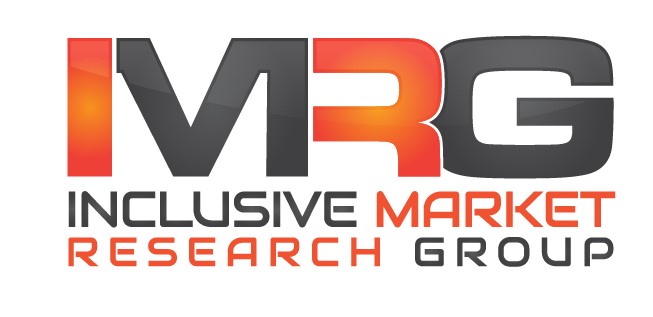Research methodology best practices often highlight the importance of making your participants comfortable during the data collection process, but there isn’t always an emphasis on the importance of researchers sharing the same cultural or ethnic background of your participants and how that can shape the quality of data collected. Below are our top three reasons why your research team should share the demographics of your participants:
1) The comfort and familiarity forged between researcher and participant with similar cultural backgrounds lends to an authentic interaction – If you’re seeking rich and comprehensive data, then you should focus on ensuring your moderator shares similar ethnic or cultural experiences of your participants. And while we know no one’s lived experience within a specific cultural and ethnic group is the same, the sense of community and understanding that is often established among people with similar demographics lends itself to creating a safe space for respondents to feel comfortable to respond freely and openly. The comfort that comes from speaking to someone who looks like you and who potentially has shared the same experiences as you adds to the value of data collected in focus groups and interviews.
2) Data analysis may be coded and understood differently – Not only is it important for the moderator/interviewer to share the same demographics as your participants, it’s also critical to have someone from the same community analyze and interpret the data collected. Cultural groups often share similar meanings and interpretations of rhetoric and scenarios. These nuanced understandings may not be easily identifiable to those outside of the group. A data analyst familiar with colloquial terms within a specific community can not only understand those responses, but also recognize the implicit meaning behind the responses.
3) It shows commitment to truly understanding diverse communities – Nothing is worse than agreeing to participate as a research participant to share your experience as person of color, only find out you’re being interviewed by someone who can’t even begin to understand the factors that contribute to that experience. By using a researcher that can connect with the participant’s background, you’re illustrating that you understand the importance of creating safe spaces for communities of color and that you’re genuine in your engagement.
Although many researchers have shifted more toward conducting their research over the phone or on video platforms with the cameras off, there is still an element of comfort that comes from knowing you share the same cultural experiences of the moderator. This shared experience created during data collection can be the difference between a superficial understanding of your audience and a genuine understanding that will help you develop messaging that speaks to the values of your audience. As researchers our goal is to help our participants feel comfortable to be transparent and forthcoming in their responses and matching your researcher’s demographics to your participants is the first step.


